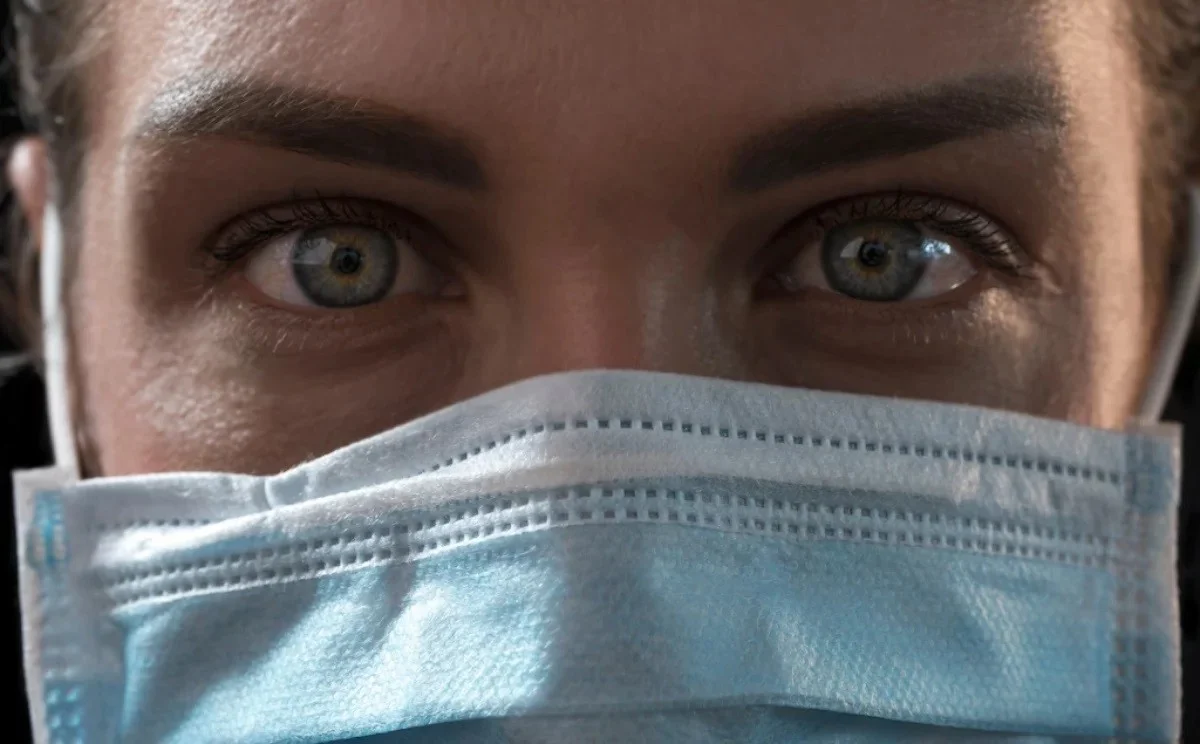19/07/2025
19/07/2025

NEW YORK, July 19: A new scientific study has found that Pfizer’s COVID-19 vaccine may cause temporary changes in the eyes’ corneal structure, raising concerns about long-term vision health, particularly for individuals with pre-existing eye conditions.
Researchers in Turkey studied 64 participants who received both doses of the Pfizer-BioNTech vaccine and discovered measurable changes to the cornea’s innermost layer, known as the endothelium. This thin cell layer is vital for keeping the cornea clear by pumping out excess fluid. The study was published Wednesday in the journal Ophthalmic Epidemiology.
The scientists observed that, within two months of vaccination, participants showed a slight thickening of the cornea, a decrease in endothelial cell count, and greater variability in the size of these cells — all potential signs of short-term stress on the eye.
“These changes suggest the vaccine may temporarily weaken the endothelium, though none of the participants experienced vision problems during the study,” the researchers noted.
The average corneal thickness increased from 528 to 542 micrometers — about a 2% change. Meanwhile, endothelial cell density dropped from an average of 2,597 to 2,378 cells per square millimeter — an 8% decrease. While this remains within normal limits for healthy adults, the decline could pose a risk for people with already low cell counts, such as those with prior eye surgeries, infections, or conditions like Fuchs’ dystrophy.
The study also found a drop in the proportion of endothelial cells with a healthy hexagonal shape, from 50% to 48%, and an increase in the coefficient of variation in cell size from 39 to 42 — further indicators of stress or damage.
“These changes are subtle and may not cause immediate harm, but they warrant monitoring, especially in individuals with compromised corneal health,” the authors stated.
The research team did not recommend against COVID-19 vaccination but emphasized the need for further long-term studies to determine whether the observed changes persist or worsen over time.
“If these effects on the endothelium continue for years, they could contribute to eye diseases such as corneal edema, bullous keratopathy, or corneal decompensation — all of which can lead to permanent vision loss if left untreated,” the study warned.
Specialists recommend that people with eye discomfort or blurry vision consult an ophthalmologist. A non-invasive test using a specular microscope can determine endothelial cell health.
The study adds to a growing list of side-effect concerns linked to COVID-19 vaccines. In May, the U.S. Food and Drug Administration (FDA) expanded its warning labels on Pfizer and Moderna vaccines to include risks of myocarditis and pericarditis — types of heart inflammation — particularly in males aged 16 to 25.
Despite these concerns, health authorities maintain that the benefits of COVID-19 vaccination continue to outweigh the risks for the majority of the population.
The Turkish study involved 128 eyes (64 participants), with each subject undergoing full ophthalmic examinations before receiving their first vaccine dose and approximately 75 days after their second. Researchers used high-precision tools — including Sirius corneal topography and the Tomey EM-4000 specular microscope — to assess corneal thickness and endothelial cell characteristics.
Although the findings are preliminary, they highlight the importance of monitoring specific health metrics after vaccination, particularly in vulnerable populations. The researchers concluded that further observation is necessary to determine the long-term impact of the Pfizer vaccine on corneal health.


